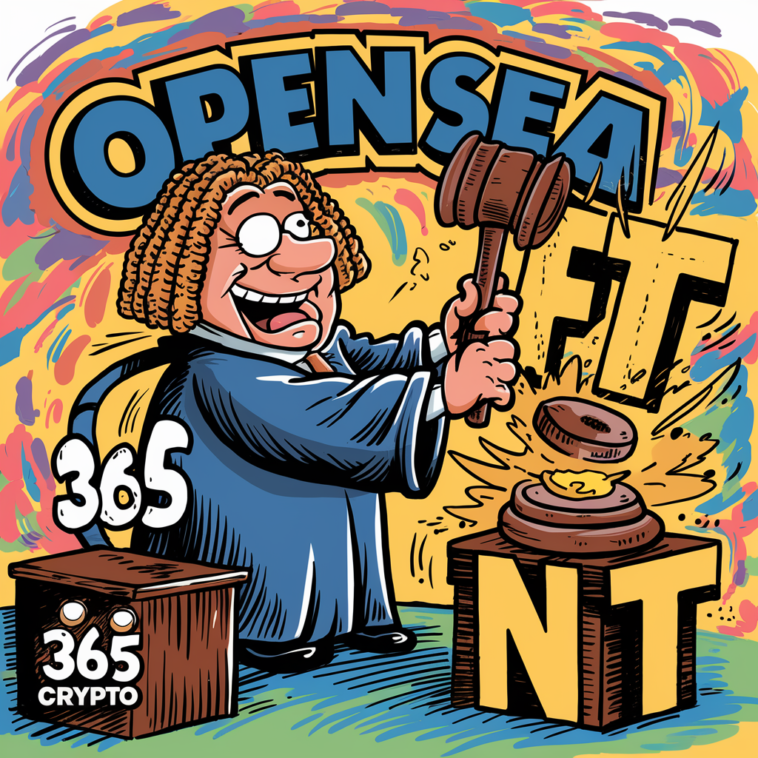As if OpenSea does not have enough problems, two users of the NFT marketplace OpenSea have filed a class-action lawsuit, alleging that the platform sold unregistered securities in the form of NFTs. The lawsuit, filed by Anthony Shnayderman and Itai Bronshtein in a Florida federal court, claims the NFTs they purchased, including ones from the well-known Bored Ape Yacht Club collection, are now worthless because they were allegedly illegal.
NFTs Alleged as Unregistered Securities
Shnayderman and Bronshtein argue that the NFTs they bought on OpenSea qualify as unregistered securities under U.S. law. They point to the “Howey Test,” a legal standard used to determine if a transaction qualifies as an investment contract. According to them, the NFTs met the criteria by being part of a common enterprise with the expectation of profit based on others’ efforts.
The plaintiffs also highlighted a recent Wells notice OpenSea received from the U.S. Securities and Exchange Commission (SEC). This notice, which indicates the SEC may take enforcement action, was used as evidence that OpenSea could be held responsible for facilitating the sale of unregistered securities. The suit references previous SEC actions against other NFT projects, such as Stoner Cats 2 and Impact Theory, where NFTs were deemed unregistered securities.
Claims of Deceptive Practices and User Warranty Breach
Shnayderman and Bronshtein accuse OpenSea of deceptive practices, stating that the platform misled them into buying “worthless and unlawful” NFTs. They argue that OpenSea had assured users it would monitor the exchange for unregistered securities, yet failed to remove these digital assets.
The lawsuit also alleges that OpenSea unjustly profited by charging fees for transactions involving what the plaintiffs believe were illegal securities. The plaintiffs claim OpenSea “knew or should have known” that the funds it received came from the sale of these unregistered securities.
Legal Counsel’s Statement
Adam Moskowitz, managing partner of The Moskowitz Law Firm and counsel for Shnayderman and Bronshtein, stated that the changing regulatory landscape for digital assets like NFTs requires a clear process for legal sales. He expressed optimism about working with OpenSea to develop a more regulated environment for both consumers and the broader crypto industry.




